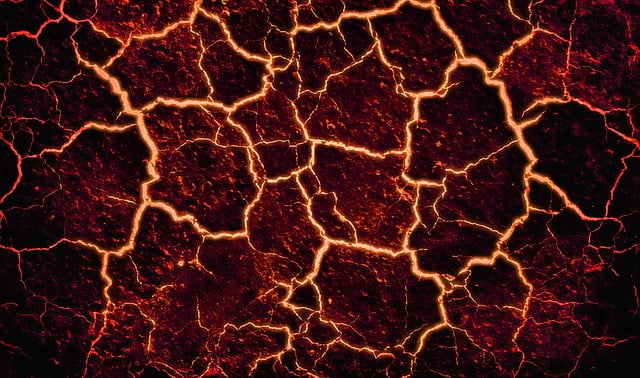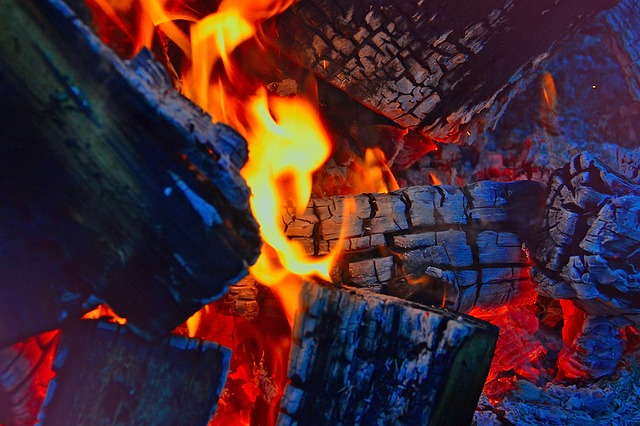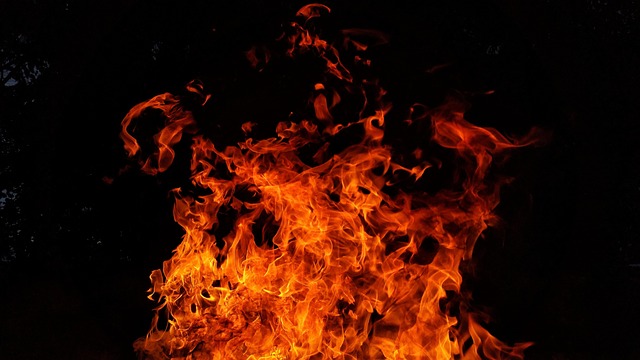When selling a fire-damaged house in California, strict disclosure laws require sellers to transparently communicate the property's history, including fire timeline, damage extent, reconstruction status, structural repairs, hazardous substances, and ongoing mold issues. These regulations empower buyers with knowledge about potential risks, enabling them to make informed decisions, negotiate prices, or avoid purchasing based on their circumstances, balancing legal obligations and consumer rights in the process.
In California, real estate transactions are governed by stringent disclosure laws, particularly when it comes to properties affected by fire damage. This article delves into the critical aspects of selling a fire-damaged house in California, exploring the legal implications and consumer rights. Understanding these requirements is essential for both sellers and buyers navigating this complex landscape, ensuring transparency and fairness in the process of buying or selling a fire-damaged property.
- Understanding California's Disclosure Requirements for Fire-Damaged Properties
- Selling a Fire-Damaged House: Legal Implications and Consumer Rights
Understanding California's Disclosure Requirements for Fire-Damaged Properties

In California, selling a fire-damaged house comes with specific disclosure requirements. These regulations are in place to ensure potential buyers are fully informed about the property’s history and any potential risks or repairs needed. When a home has experienced a fire, the seller must disclose this information in writing to all prospective buyers. This includes details about when the fire occurred, the extent of the damage, and whether the structure was rebuilt or repaired.
California’s disclosure laws mandate that sellers provide a “Fire Damage Disclosure Statement” as part of the sales process. This form requires disclosures about any structural repairs, replacement of materials like drywall or insulation, and even the presence of asbestos or lead-based paint, which might have been exposed during the fire. Sellers must also note if they are aware of any ongoing issues related to mold growth due to water damage from the fire response efforts. Transparent communication is key to ensuring buyers make informed decisions when purchasing a fire-damaged property in California.
Selling a Fire-Damaged House: Legal Implications and Consumer Rights

When selling a fire-damaged house in California, it’s crucial to understand both the legal implications and consumer rights involved. In the state, real estate disclosure laws mandate that sellers inform buyers about any significant issues affecting the property. Fire damage falls under this category as it can have substantial impacts on structural integrity, indoor air quality, and potential future repairs.
California Civil Code requires sellers to disclose known defects or material facts related to a property’s condition. Failure to do so may result in legal liability for fraud or misrepresentation. Buyers have the right to inspect the property and obtain a professional evaluation to assess the extent of fire damage. Knowing this information upfront allows consumers to make informed decisions, negotiate prices, or even decide against purchasing the house altogether based on their individual circumstances and preferences.
When selling a fire-damaged house in California, understanding and adhering to strict disclosure laws is paramount. These regulations are designed to protect both sellers and buyers by ensuring transparency about property conditions. By comprehending the legal implications and consumer rights outlined in this article, you can navigate the process confidently, fostering trust and promoting fair practices in the sale of fire-damaged homes in California.






